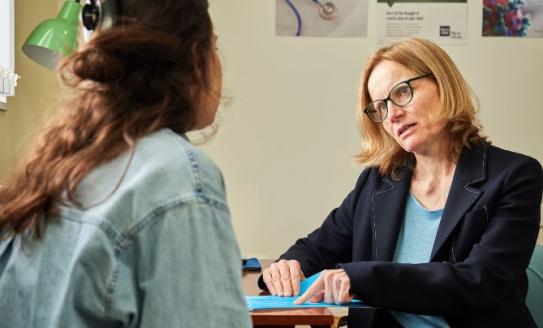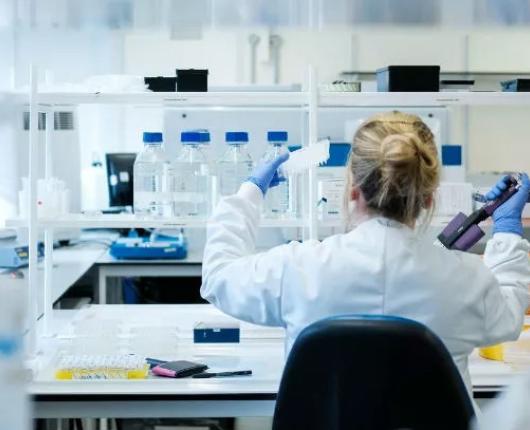New
Image

18.02.2026
We welcome NICE guidelines expanding access to newer and more effectiv...
We welcome new guidance from the National Institute of Health and Care Excellence (NICE) that mark an imp...
customer support
customer support
From using beta cell therapy to finding ways to help cells survive, to how weight stigma is linked to poorer health in people with diabetes, here are some of the diabetes research developments announced in January 2026.
Read more